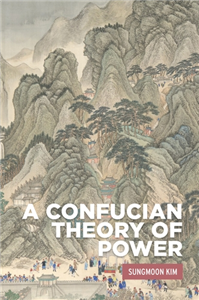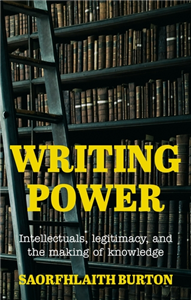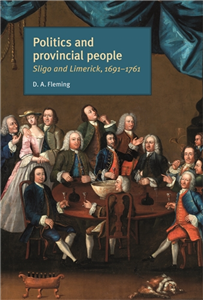Rights People
Rights People is a full service rights agency dedicated to selling books around the world. Established in January 2006, we are a small team with many years’ experience in the rights industry. Our approach is a personal one and we are the agency of choice for some of the best literary agencies and publishers from around the world. We provide a comprehensive service for all our clients based on their individual needs and we aim to find the best home for every book we represent. We sell directly to publishers in most markets, and are a one-stop shop for rights services.
View Rights Portal

























